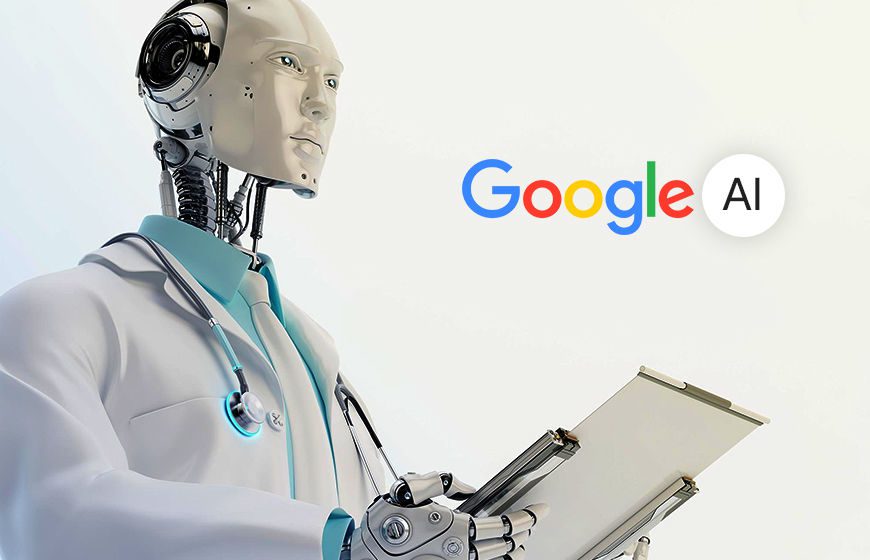Every day, people across Africa rely on Google products like Search, YouTube, and Fitbit for insights into their health and well-being. However, what many may not realize is that Google has been at the forefront of researching how AI can be harnessed to enhance healthcare outcomes for individuals. Moreover, it aims to empower its partners to provide improved health services, ranging from enhancing maternal health to crafting valuable digital tools for healthcare practitioners. In anticipation of the Africa HealthTech Summit in Kigali, Rwanda, where digital health innovators and public health experts gather to revolutionize healthcare in Africa, here are five ways Google Health is collaborating with partners to explore AI-driven healthcare tools on the continent:
1. Utilizing Images to Detect Skin Conditions Describing skin conditions like rashes or moles with words alone can be challenging. Google Lens has offered users in the US and Japan the ability to search for information about skin conditions using images instead of text. Now, this feature is expanding to encompass the entire African continent. People can capture a photo, upload it to Lens, and discover visually similar matches. This is particularly valuable when it comes to identifying and understanding various skin issues.
2. Enhancing Maternal Health Outcomes in Kenya Ultrasounds play a vital role in identifying potential issues during early pregnancy. However, capturing and interpreting ultrasounds is a complex task that demands extensive training and experience. Due to a shortage of experts, up to 50% of pregnant individuals in low-resource settings don’t receive ultrasound screenings. Google’s research, published last year, demonstrates that AI models can make ultrasounds more accessible to lightly trained operators in under-resourced settings. Google Health is partnering with Jacaranda Health, a Kenyan nonprofit, to validate the use of AI in clinical settings for improving maternal and infant health outcomes.
3. Building Healthcare Apps with Open Health Stack Frontline health workers across Africa are crucial in bridging communities with the healthcare system. They often face challenges related to care coordination and data quality. To empower healthcare developers in Africa, Google has introduced the Open Health Stack, a mobile-first, technology-based solution for building digital health tools. This technology supports the adoption of the HL7 FHIR standard. To equip local developers, Google has collaborated with Kabarak University and IntelliSOFT Consulting to host the inaugural Open Health Stack bootcamp in Kenya.
4. Tuberculosis Screening Using AI Tuberculosis (TB) remains a significant health concern, especially in Africa, where over 25% of TB deaths occur. Detecting TB early is crucial for effective treatment and reducing its spread. Google has partnered with an AI-based organization under the leadership of Right to Care, a not-for-profit entity with extensive experience in TB care in Africa. The goal is to make AI-powered TB screenings widely accessible across Sub-Saharan Africa, with a commitment to conduct 100,000 free AI-powered TB screenings.
5. Facilitating Access to Emergency Obstetric Care in Nigeria Nigeria, despite accounting for a small percentage of global births, disproportionately contributes to 28% of worldwide maternal deaths annually. Proximity to emergency obstetric care plays a critical role in maternal outcomes. In response, Google has released a tool in Nigeria, developed in collaboration with the OnTIME consortium. It uses Google’s internal directions API, the same technology that powers Google Maps navigation, to provide data on average travel times to the nearest emergency obstetric facilities. This valuable information aids decision-makers in identifying regions where expectant mothers may face limited geographic access to life-saving care.




